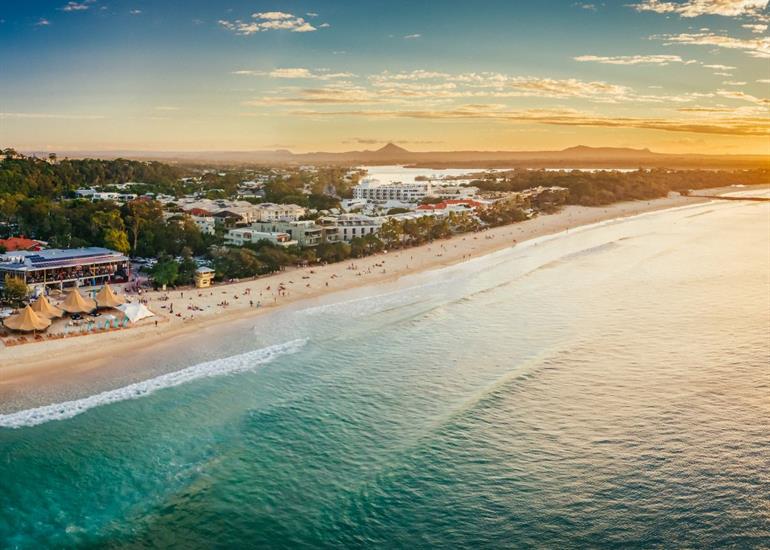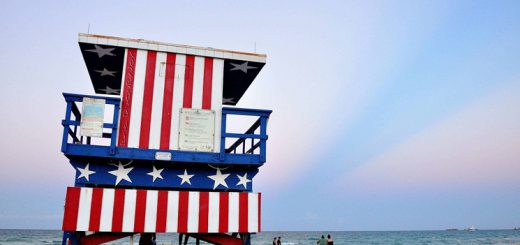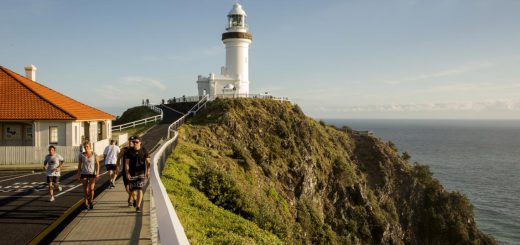Short-term rental statistics – Who to believe?
An interesting story today from Noosa News – Airbnb gave contradictory information to Noosa council about the number of listings in the shire, first claiming it was 590 then bumping it to 1100.

Airbnb claims it was an honest mistake, but given it won’t make its own data public, it’s really hard to know.
More likely, the mistake we’ve seen made multiple times, and one I’ve even made myself. It’s to do with how scans are done and what constitutes a “listing”.
At BnbGuard we scan short-term rental ads over more than a dozen sites and generate our own statistics. Our technology uses various techniques to pull down all the ads from an area.
So far, so simple. However, then some interpretation is needed. If a listing isn’t available because the host has suspended the listing but not deleted it (so that it can be made active very quickly at any time), should this be counted as a listing for that area? It won’t show for many searches on the site itself, and may not even accept booking if it can be found. But it is there.
We count these as listings because there is the intent to make them active again. If there was no intent to do so, the listing would be deleted. It’s common, especially with illegal listing, to see them come and go throughout the year to keep a lower profile.
Across all the sites we monitor we believe there’s about 1500 unique listings in Noosa shire.
The Mayor of Noosa makes a point in the article that Airbnb and other providers should be forced to provide the real locations of short-term rentals to local authorities. This would be a good start, but doesn’t go far enough. The problem is not the big guns like Airbnb and Homeaway and Booking.com. The problem is that there are a hundred little sites out there copying them, and many more on the way.
Airbnb has popularised home-sharing and created a great customer experience that put rocket fuel into the industry in the last 2 years. The big players will continue to dominate, but increasingly we see traffic going to smaller niche sites that cater to a specific community. Airbnb has made it normal, now a bunch of other sites are trying to get their share.
Community-based home-sharing has disadvantages (not as many listings) but also advantages (a smaller community engenders more trust and creates a more welcoming experience). That’s why we’ll continue to see Airbnb-clones springing up, targeting communities such as Muslims, LGBTQI, African-Americans, and even nudists…
And we’ll see more and more popping up.
Another worry is the straight Airbnb clones. These are sites that don’t target a community and offer similar features to Airbnb, at lower costs. A popular one in the US is RedAwning. Australia has a few of its own, but all too small enough to worry about.
So legislation will help, but illegal listings can find many other sites to list on, and it will be impossible to force sites to comply. It’s not in their interest. That’s why an independent monitoring service specialising in short-term rentals is the best way to control the problem long-term.





